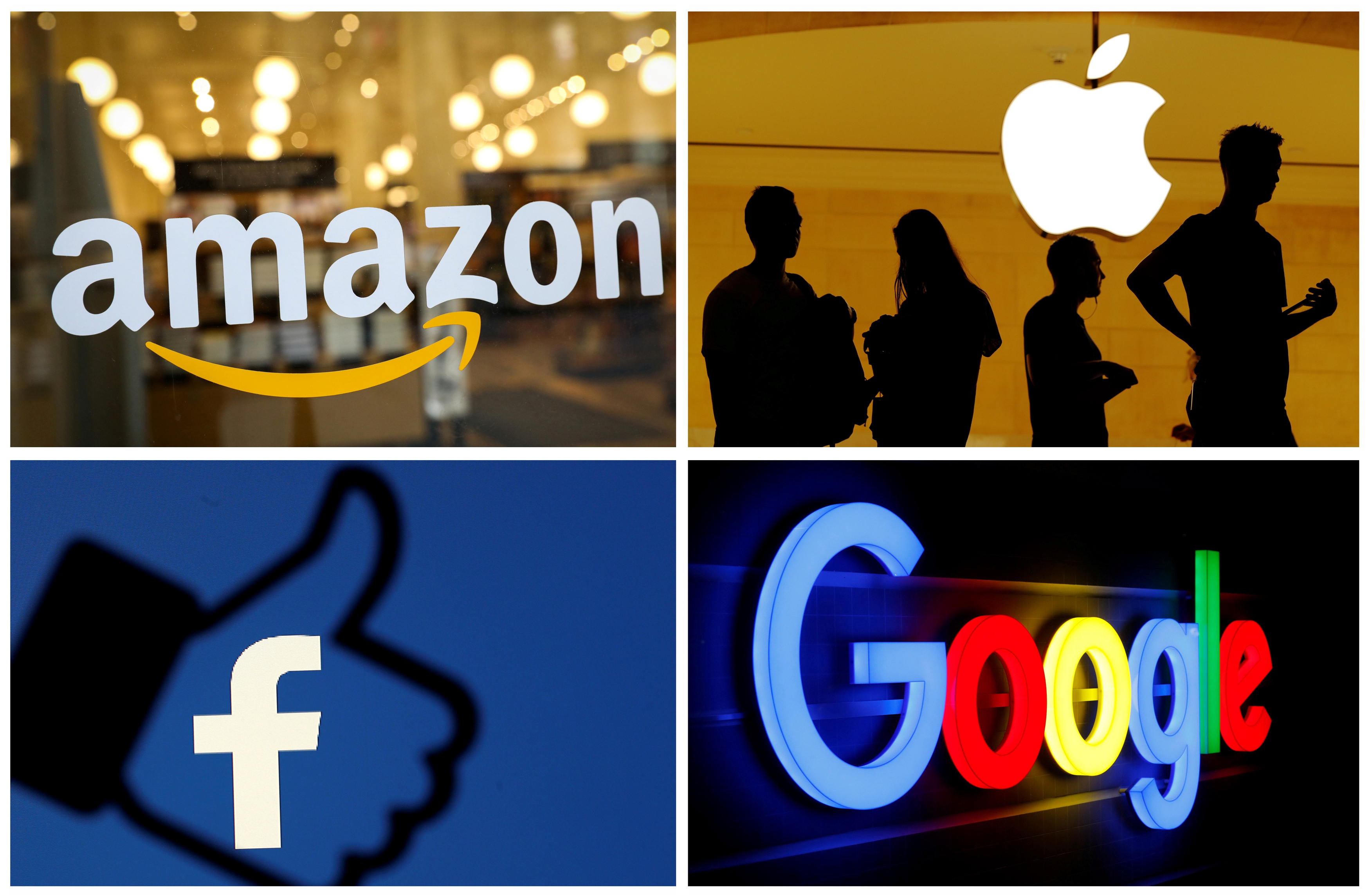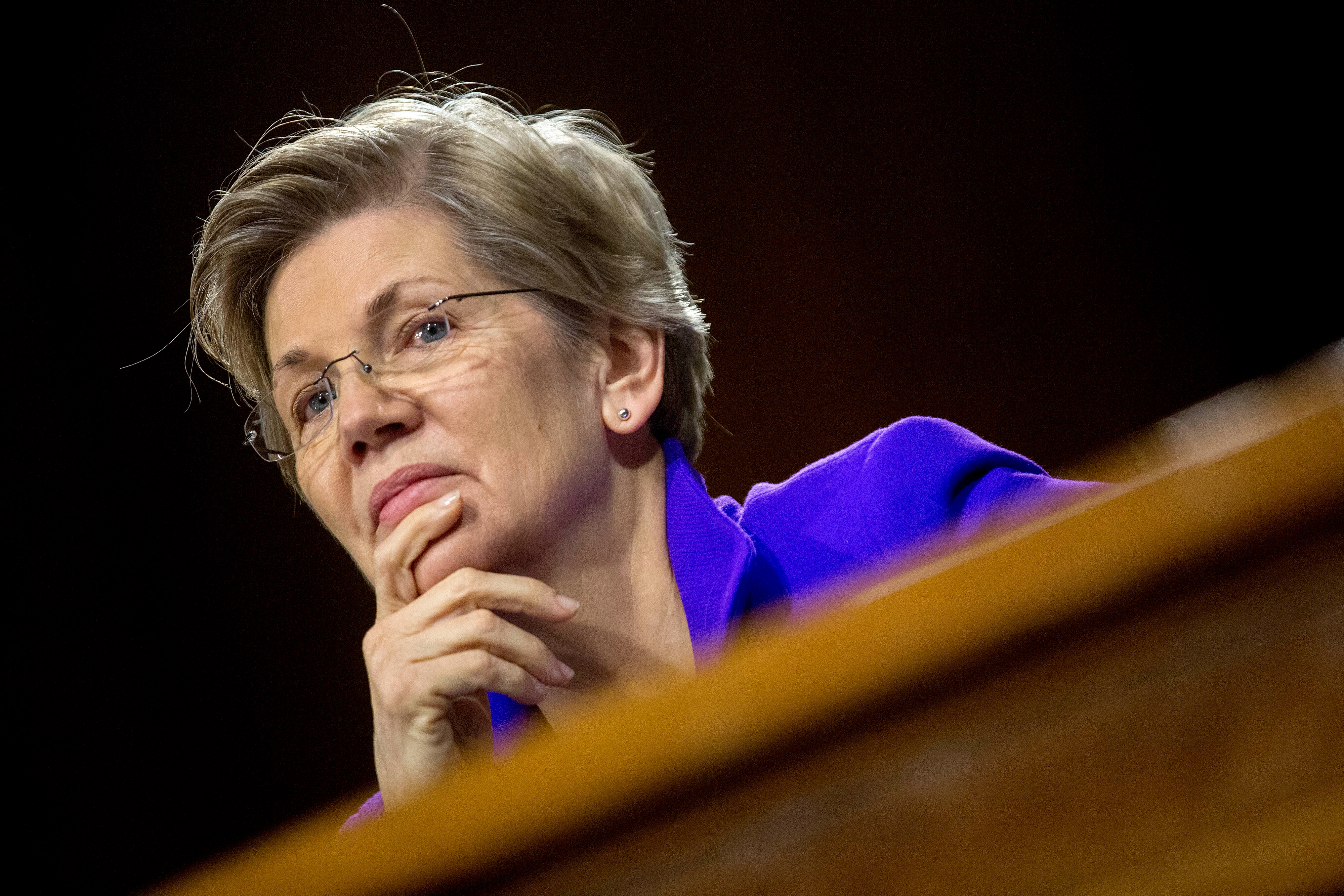
As many as 20 U.S. states could be on the verge of launching an investigation into big tech firms like Google and Amazon, in an antitrust probe that will challenge monopolies strangling sectors like new media and e-commerce.
The Wall Street Journal reported in August that state attorneys were preparing to formally launch the probe this month, with the investigation set to focus on whether or not big tech firms are using "their marketplace powers to stifle competition."
Such a probe would come after the Department of Justice launched a review in July into "widespread concerns that consumers, businesses, and entrepreneurs have expressed about search, social media and some retail services online."

VCG Photo
That review is being handled by the ministry's Antitrust Division, with Assistant Attorney General Makan Delrahim saying in a press statement that his team would explore how "without the discipline of meaningful market-based competition, digital platforms may act in ways that are not responsive to consumer demands."
The reference to "search, social media and some retail services online" is widely being read as a reference to Google, Facebook, Amazon and Apple, a "Big Four" group of firms that have come under intensifying scrutiny in recent years.
Facebook was handed the biggest fine for data violations on record in July, when the Federal Trade Commission ordered the company to pay five billion U.S. dollars after concluding a probe into the social media giant's policies on user privacy.
Congress has also held its own antitrust hearings looking at the role of big tech, with representatives of the Big Four grilled over allegations of stifling the market.

Facebook founder Mark Zuckerberg. /VCG Photo
According to the New York Times, Google represents 92 percent of the global search engine market, while Facebook and its subsidiary apps like Instagram have a 70 percent hold on social media. Amazon's online market share in the U.S. stands at 38 percent, dwarfing its nearest competitor eBay, which represents 6 percent.
While the clout of 20 U.S. states leading an investigation into the firms should add extra weight behind the calls to break up big tech, these firms will likely respond with the same arguments they gave to Congress and the DoJ.
Google claims the range of services it provides offer a wide choice to consumers, and it told Congress in July that "competition extends across many existing and developing fields," pointing to up and coming areas like artificial intelligence, voice assistants and machine learning.
Facebook has responded to criticism by claiming it faces intense competition in the social media sector from platforms like Twitter and Snapchat. But around one-third of the world's population uses Facebook on a monthly basis, and 2.1 billion users log in to one of its platforms every day.

2020 Democrat election candidate Elizabeth Warren. /VCG Photo
The pressure on big tech is set to grow even further, with the Big Four's monopoly likely to be a big point of debate in the run up to the 2020 election. Democrat candidate Elizabeth Warren has proposed breaking up the firms at the center of the antitrust probes, accusing them of using mergers to limit competition.
But what are the options when it comes to limiting the powers of these companies? Warren's proposed break up policy would see big tech firms which provide marketplaces, like Amazon or Apple's App Store, labeled as "platform utilities."
They would be banned from owning the platforms and simultaneously being "participants on that platform." In other words, Amazon would not be allowed to sell Amazon products on its own platform and would have to treat third-party participants equally.
Warren has also proposed reversing mergers that she describes as illegal, such as Facebook's takeover of Instagram and WhatsApp, after claiming such moves stifle competition.
But some of the biggest barriers to slowing down or even breaking up big tech are the U.S.' current antitrust laws. Anti-monopoly regulations have always aimed to protect consumer welfare, in the sense that companies cannot manipulate prices based on their stranglehold of a market.
In the case of big tech, most of their services are free or relatively cheap, posing a challenge to the definition itself of a monopoly. For any progress to be made on regulating or bringing big tech down by a few pegs, U.S. antitrust laws may have to change first.

Copyright © 2018 CGTN. Beijing ICP prepared NO.16065310-3
Copyright © 2018 CGTN. Beijing ICP prepared NO.16065310-3